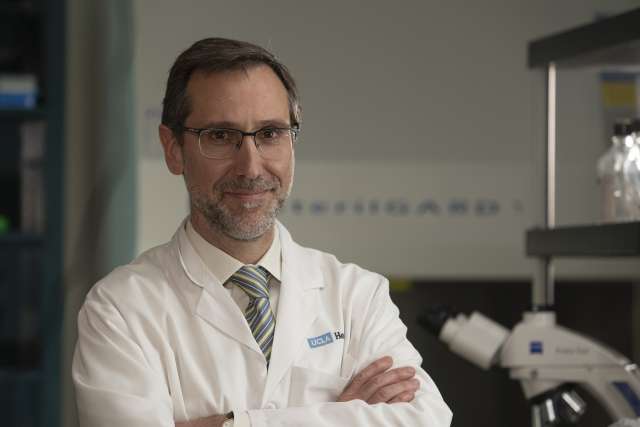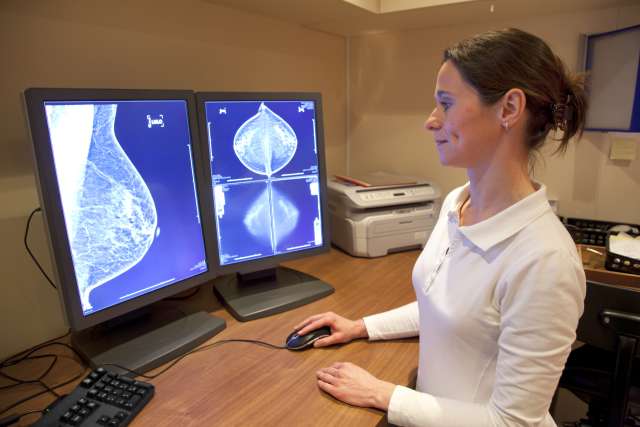Researchers at Stanford, UCLA and City of Hope have received a $10.2 million grant from the California Institute for Regenerative Medicine (CIRM) to fund the team’s phase I clinical trial, “Stem-Derived IL13Ra2 Chimeric Antigen Receptor (CAR) T Cells for Patients with Melanoma and Advanced Solid Tumors.”
The award, given to Dr. Anusha Kalbasi, associate professor of radiation oncology at Stanford Medicine; Dr. Antoni Ribas, professor of medicine at the David Geffen School of Medicine at UCLA; and Christine Brown, the deputy director of the T Cell Therapeutics Research Laboratory at Beckman Research Institute of City of Hope, supports the team’s work investigating a new immunotherapy treatment using CAR T-cells to treat patients whose tumors express a protein called IL13Ra2. This protein target is most commonly found among patients with melanoma, as well as some thyroid cancers and several rare tumor types including neuroendocrine tumors, adrenocortical carcinoma, paraganglioma, and pheochromocytoma.
“This clinical trial is perfect example of team science across Stanford, City of Hope and UCLA, thanks to early support from the Parker Institute for Cancer Immunotherapy, the Melanoma Research Alliance, and the Damon Runyon Cancer Research Foundation,” Kalbasi said. “We are grateful for the generous support from CIRM and thrilled to offer this exciting trial to eligible patients.”
“We are excited about the potential of this clinical trial and the collaboration between the three academic institutions,” said Ribas, who is also the director of the tumor immunology program at the and a member of the of the . “This project represents an important partnership to expand access of novel CAR-T cell therapies within California.”
“City of Hope developed the IL13Ra2 CAR T cells for the treatment of glioblastoma, an aggressive brain tumor, and we are excited about evaluating this promising therapy for melanoma and other solid tumors as part of this CIRM grant,” said Brown. “This grant will accelerate our vision of expanding access and building collaborative cell therapy efforts within California.”
The award was part of awarded in February by CIRM, the world’s largest institution dedicated to regenerative medicine, to fund various clinical research aimed at treating Parkinson’s disease, autoimmune conditions and a variety of cancers.




